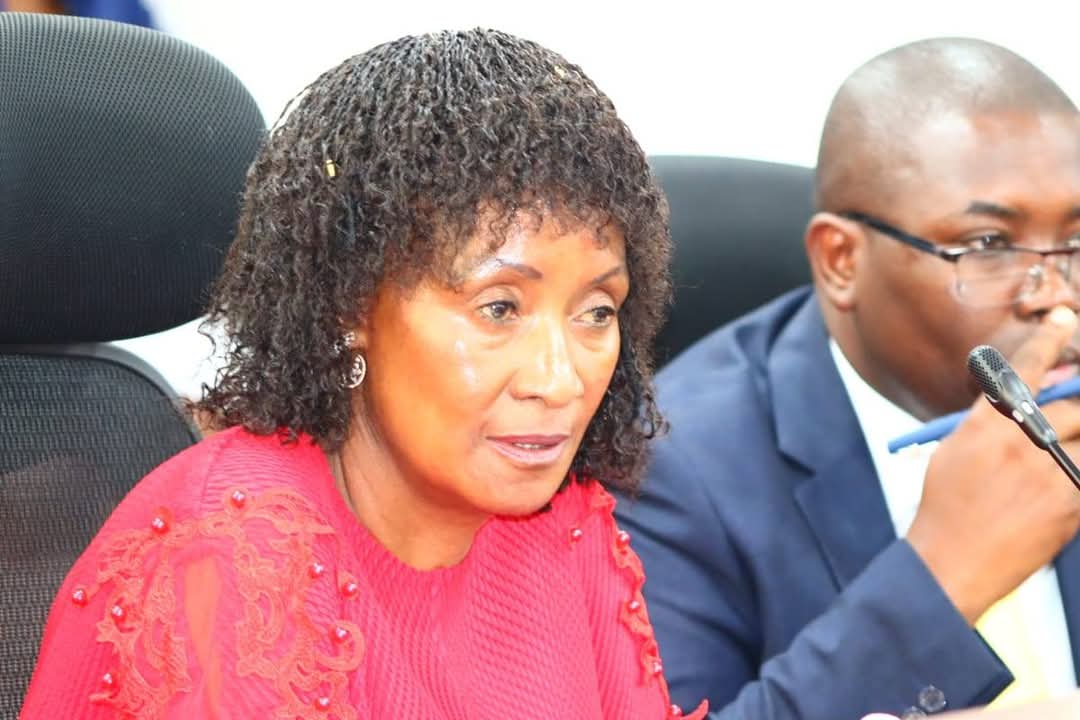Why SHA declined to enroll over 360,000 teachers for health coverage – TSC CEO reveals
It has now come to light that the Social Health Authority (SHA) declined to enroll more than 360,000 teachers due to insufficient nationwide infrastructure.
According to Teachers Service Commission (TSC) CEO Nancy Macharia, their attempts to include teachers into SHA failed after being informed that the insurer did not possess adequate structures nationwide to accommodate the teachers.
While addressing the National Assembly Education Committee, Macharia informed MPs that the Commission has consistently desired to include teachers in a public insurance scheme, but this has not been achievable thus far.
“Last year, when we faced challenges with Minet, we aimed to transfer our teachers to SHA. We have always intended to have our teachers under the national insurer, including during the NHIF period,” she stated.
“We convened a meeting with SHA prior to renewing our contract with Minet for this last year, and they indicated that they did not have sufficient structures. They mentioned that they would require Ksh. 37 billion to enroll our teachers, yet even then, they were not prepared to accept them this year,” she explained to the committee.
The meeting was in response to numerous grievances from teachers nationwide, who continue to endure a lack of medical care, despite the Ksh. 20 billion agreement that TSC made with Minet to offer medical coverage for educators.
Committee Chairperson Julius Melly recounted a distressing instance of a teacher who endured solitary confinement for three months for failing to pay a hospital bill — even though they had insurance.
“What sort of insurance cover is this? It’s a mess; it lacks coherence. You have an insurer, a lead consortium, an administrator, a capitator — it’s a very strange type of insurance. You need to extricate yourselves from this situation,” Melly remarked.
Luanda MP Dick Maungu urged that teachers be organized into clusters based on job group or region to expedite the approval process at health facilities, suggesting that the current centralized system is ineffective.
“With Bliss Health Care serving as the main capitator and considering the vast number of teachers, it becomes challenging for them to process approvals promptly — and that is where the delays arise. Why can’t we cluster teachers to streamline the process? Presently, the system is overwhelmed,” Maungu observed.
Macharia, on the other hand, pointed out insufficient funding as a significant obstacle to delivering comprehensive medical insurance and appealed to the committee to allocate additional resources.
“If our teachers are to receive the best medical services, they must be fully insured. However, we cannot achieve that due to budgetary limitations. We also require timely disbursements to the consortium, as we often experience delays,” she stated.
